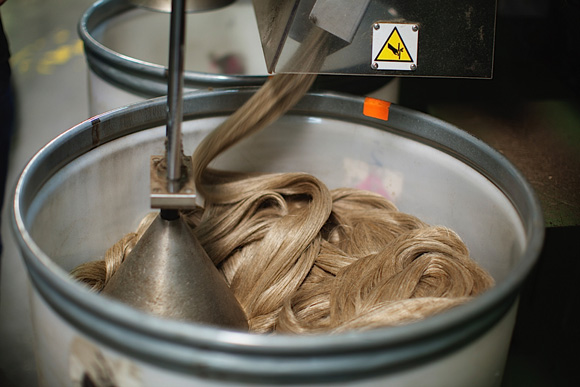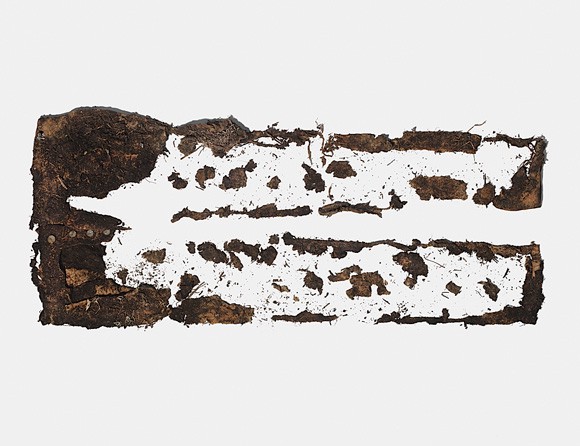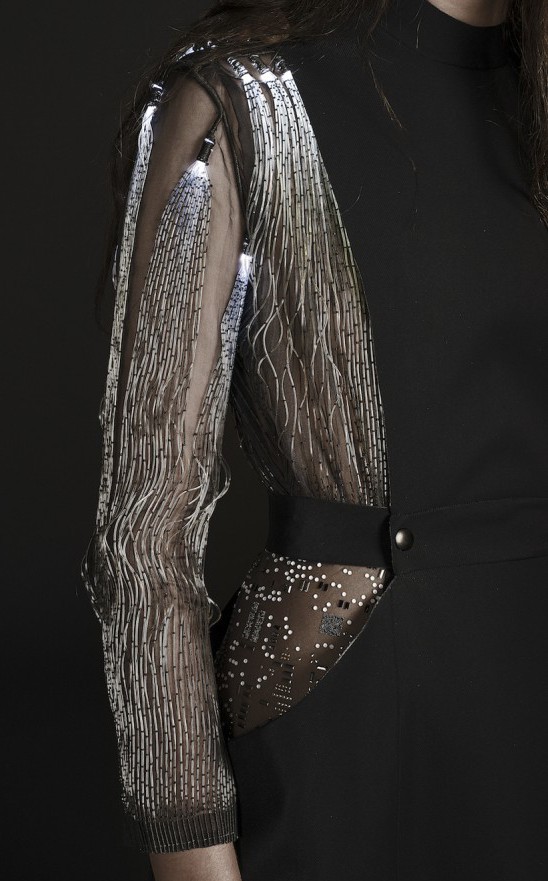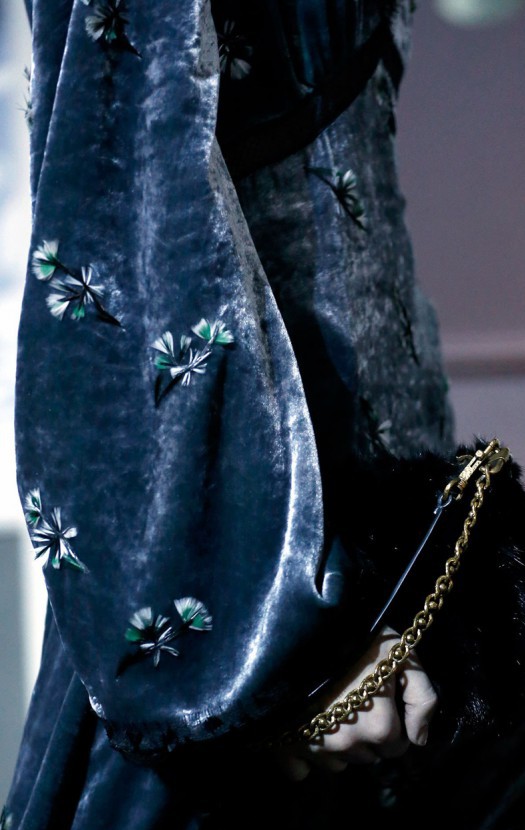Compostable fashion
Eco chic, ethical consumerism and sustainable fashion are the new buzz words. The apparel industry has taken a major turn in the past 20 years: fashion has evolved into something similar to fast food, it’s convenient but made with few respect. It’s the whole supply chain that has to be re-invent: the use, production, consumption, disposal, and recycling of clothing. Sustainability includes a lot of components: social responsibility, human rights, energy and materials.
In 1993, graphic designers Markus and Daniel Freitag were looking for a functional, water-repellent and robust bag to hold their creative work. They developed a messenger bag from used truck tarpaulins, discarded bicycle inner tubes and car seat belts. The first FREITAG bags took shape in the living room of their shared apartment – each one is recycled and unique.
 photo by Yves Bachmann
photo by Yves Bachmann
The swiss manufacturer has a denim line. You can’t do much with the jean silhouette: the five pocket is even more than a classic, it’s an icon. Today we are looking for vintage inspiration, the shape doesn’t need a redesign. But the production is really damaging a lot: too much water and pesticide for the cotton, to much travel for all components…
The end of your jeans can now be completely sustainable: you can just recycle your pairs into the earth.
F-ABRIC denim from FREITAG is a five-pocket jeans without rivets or polyester threads, it’s made in Europe using European bast fibers true hemp and linen and, it’s naturally 100 % compostable even the sewing thread is biodegradable.
 photo credit FREITAG
photo credit FREITAG
Freitag completely compostable textiles are based on vegetable fibers produced using a minimum of resources within an area of 2500 kilometers form the factory and it’s not cotton!
Linen – flax – is the oldest textile fiber in the world, it’s comfortable to wear and extremely durable. Farming flax requires quite a bit of know-how, but it doesn’t need a lot of fertilizer or pesticides, or additional irrigation and last but not least it grows best in temperate climate zones.
 photo by Oliver Nanzig
photo by Oliver Nanzig
Hemp fibers are versatile, easy to care for, and virtually perfect. They’re warm, breathable, and extremely strong. Hemp fibers are extracted from the plant’s bast. The plant thrives in almost any climate, doesn’t need much water or any pesticides and doesn’t deplete agricultural soil.
The end of your jeans can now be completely sustainable: when the pair is exhausted from years of use, you can recycle your pairs into the earth – as each pair of jeans is 100% compostable after removing the buttons.
Text Cecile Poignant

